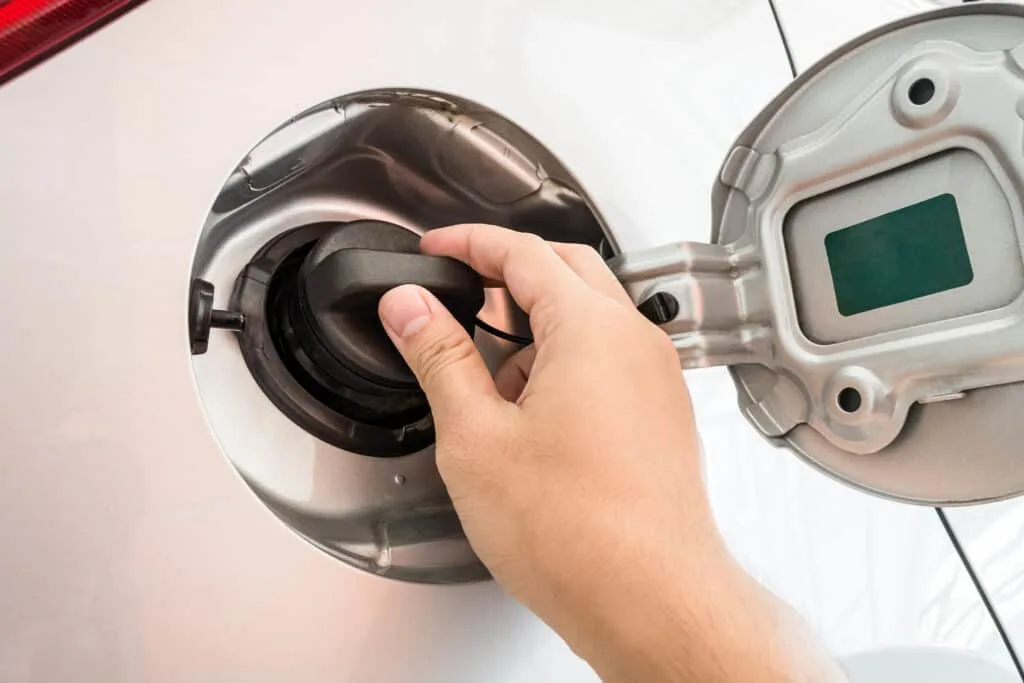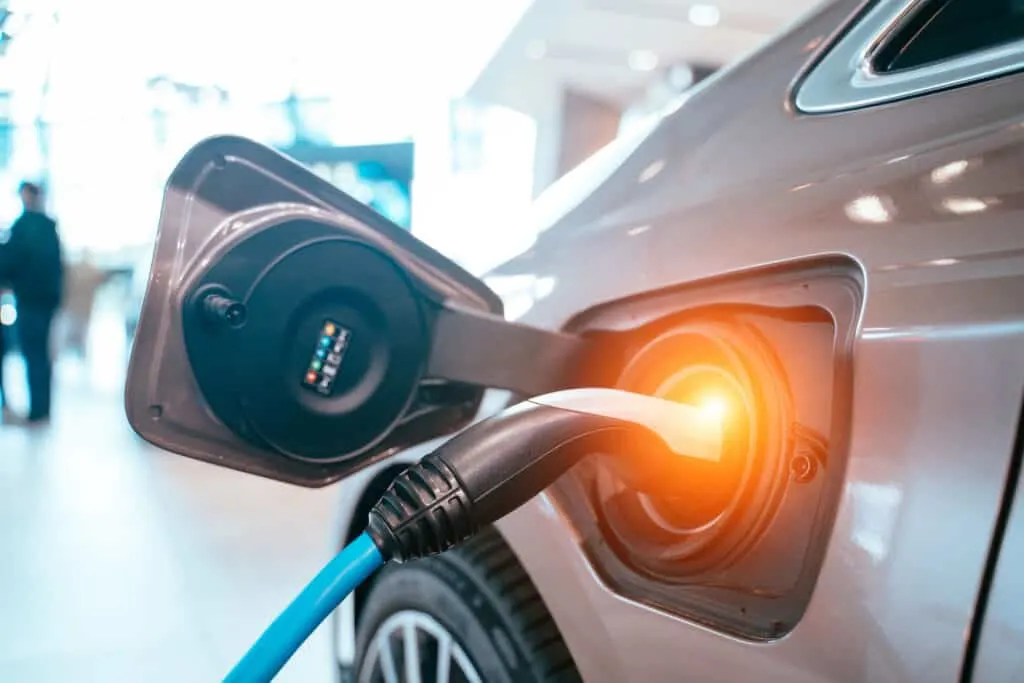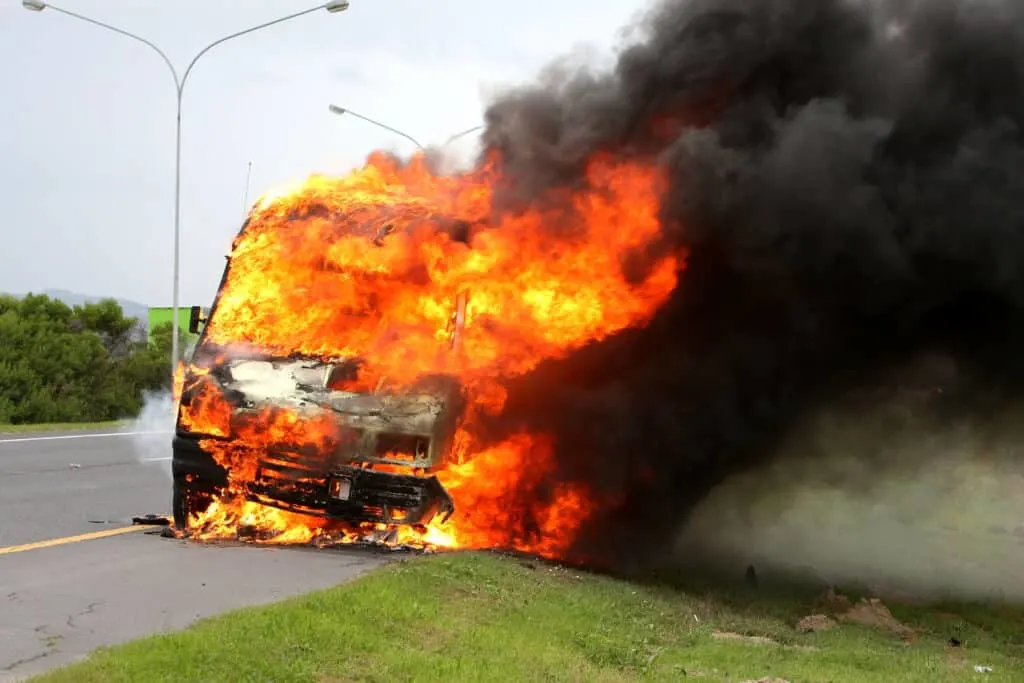A common theme in action movies is car explosions. This often results after the vehicle wrecks or is shot in the fuel tank, but can car gas tanks really explode in real life?
The gas tanks in cars are not pressurized systems and are therefore unable to explode as seen in the movies. Additionally, gasoline, although highly flammable, is not an explosive substance. However, its rapid burning could be mistaken for an explosion.
While many action car chases and explosions are exciting to see in the movies, they do not portray reality accurately. Although real gas tanks don’t explode in the way we might expect, they can still cause fires and other dangerous situations. If you’re worried about this possibility, read below for more details.
Cause of Explosions
Before we discuss what the gas tank of a car can or cannot do, let’s first discuss what events must take place for an explosion to occur!
Explosions are a result of rapidly expanding gas. The gas begins to expand due to a chemical reaction. If this rapidly expanding gas is unable to escape from its container, it will become pressurized.
Once the pressure rises too much, the container will burst, sending the hot gas shooting out. The heat produced from the explosion could then ignite surrounding substances while the immense release of pressure could push surrounding objects away.
Although the most common form of an explosion is a result of a chemical reaction, another factor that could cause the gas to rapidly expand include a drastic increase in temperature.
In any case, the expanding gas will need to be trapped inside a pressurized container for an explosion to occur. If the gas is able to escape, the worst that could happen is that the gas ignites in a fire.
Now that we know a bit more about what causes explosions, let’s discuss whether or not these conditions could be met in the gas tank of your car.
Reality of Gas Tanks

As we learned above, for an explosion to occur the gas must expand within an enclosed area. While you may think your vehicle’s gas tank is an enclosed container, it is actually not capable of maintaining the kind of pressure that would lead to an explosion.
Fuel tanks are designed to vent out any pressure that is accumulated in the system. As long as the ventilation system remains intact, the tank is not capable of exploding.
But what would happen if the fuel tank’s ventilation was somehow blocked? Surely this could lead to an explosion. Well, it is still extremely unlikely.
The gas tanks inside of vehicles are often made of plastic or thin metal. These materials are too weak to maintain enough pressure for an explosion to occur.
Because there is not a chemical reaction that would cause the gas to expand, it would be a result of heat. The metal would crack or the plastic would melt long before the tank could explode.
While this will not result in an explosion, this does not mean it is not a dangerous situation. If the fuel tank melts or cracks, it will begin leaking the highly flammable fuel.
If the fuel ignites, it will burn rapidly. This rapid combustion could be mistaken for an explosion.
Although highly unlikely that your car’s gas tank explodes, it is not entirely impossible. If the tank had the perfect ratio of fuel to oxygen and there is a rise in temperature, a small explosion could occur inside the fuel tank. However, this would not be similar to those shown in the movies.
If the gas in your car is so flammable, what is keeping it from igniting within the tank?
In order for fuel inside the gas tank to ignite, there would need to be access to oxygen. While the tank is not pressurized it does not allow optimal oxygen to enter the tank.
Additionally, there would need to be an ignition of the fuel. To get a spark or a match into the gas tank you would have to carve a hole into it. However, if the vehicle were in a crash and a spark entered the tank, the fuel could ignite.
In other words, your gas tank will not ignite unless the vehicle is involved in a wreck or if it was set up on purpose.
But can’t fuel ignite from excessive heat? Actually, yes!
If the fuel in your gas tank reaches an excessive temperature, it will ignite. Luckily, gasoline will not ignite on its own unless it reaches a temperature of 500 degrees Fahrenheit. The chances of this happening are pretty unlikely under normal circumstances.
Still, it never hurts to be cautious about overheating your vehicle. Watch the engine temperature gauge while driving. If engine temperatures begin to rise, pull over and turn the car off immediately. You may need to exit the vehicle if the engine is already too warm.
In case of emergency, you should carry a small fire extinguisher in your vehicle. Although you will not be able to completely stop a fuel fire with a fire extinguisher, you can use it to get yourself and your passengers out of the vehicle.
Remember, just because your car will not necessarily explode, that does not mean it is not dangerous.
Can Electric Cars Explode?

Now that we have discussed the gas tank of cars, let’s explore the world of electric cars. Because electric cars do not have a fuel tank, you may assume that they are safe from explosions. However, this is not entirely true.
Although electric cars do not have a fuel tank, they do have a series of highly powerful batteries. These batteries are made of a mixture of chemicals that are highly combustible.
If the batteries of an electric car become damaged or are not properly taken care of, they run the risk of catching fire or exploding.
However, electric car batteries are stored inside of an enclosed container and have safety features to prevent this from happening.
For an electric car to explode, it would need to be exposed to fire or have been in a serious crash.
Like any other vehicle, drivers should be careful to avoid situations that could damage the power source as this could lead to serious fire or small explosions.
